Learning from the mistakes of others
Published on December 16th, 2014
by Campbell Field, professional navigator
Volvo Ocean Race is setting up an independent inquiry into the Vestas incident in Leg 2. See release here
There are a large number of factors to consider in this report. I for one will be very interested to read the outcome from a technical and a human perspective.
A very undesirable outcome of this report may be new rules/legislation to go some way to prevent this from happening again – i.e. creating exclusion zones around land masses, or external/third party intervention.
This is already evident in races that now have restrictions/limits in place for ice, drastically changing the way oceanic races are run. Having experienced the over cautious and at times in my opinion ill-conceived constraints placed on long Southern Ocean legs, the last thing adventurous races such as this require is more restrictions.
(Editor’s note: Campbell and his dad Ross competed in the doublehanded Class40 Global Ocean Race 2011-12, which included an exclusion zone in the Southern Ocean to keep the field from venturing south toward areas of ice. However, the unintended consequence of the zone was how it limited the options when the field was confronted with adverse weather. For Campbell, the course restriction forced the Fields upwind in 40-50 knots with accompanying seas…. conditions that eventually broke their boat and forced their withdrawal from the race. More here.)
Also seen is the navigation restrictions placed at some large international regattas preventing well prepared and knowledgeable yachts from taking advantage of their research and knowledge. Les Voiles de St Tropez and some events run by YCCS in Porto Cervo place buoys off of charted but submerged rocks as a reaction to a yacht that had an issue with that rock.
There is a fundamental tenet in yacht racing (or any other navigation) that the safe navigation of a vessel is the sole responsibility of the Captain/Skipper/Person in Charge. When did it become the responsibility of event organisers to legislate against this principle?
If these events (specifically the likes of the VOR, Vendee Globe, etc) really want to start regulating how a boat should be safely navigated then they need to take a look at IRPCAS (International Regulations For Preventing Collisions At Sea) – as many parts of these fundamental rules are broken on a daily basis – just in terms of safe speeds and visibility etc. Place speed restrictions on yachts?
One part of me hopes that this will only serve to let us know what happened and assist us in learning from the disasters of others, and then just get on with it.
Source: Field Yachting
More: The second leg from Cape Town to Abu Dhabi had two exclusion zones. One zone was in the Indian Ocean to keep the boats out of the pirate territory that lies off the coast of East Africa and to the south of the Arabian Peninsula. The other was an exclusion zone to keep them out of Iranian waters. However, the Indian Ocean zone was moved to the west just before the start to offer the teams more options due to a forecasted storm. The reef near Mauritius where Vestas grounded was not within the race course until the zone moved.


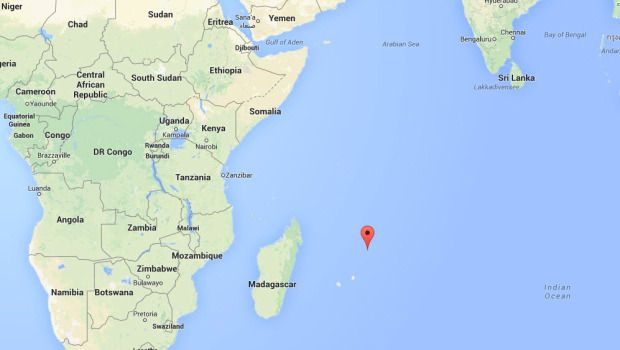


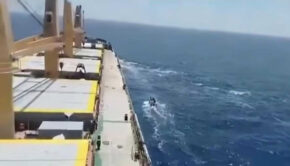
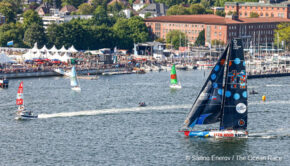
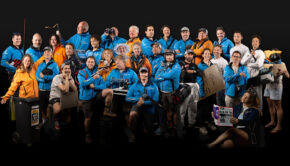
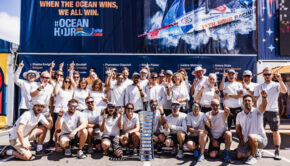
 We’ll keep your information safe.
We’ll keep your information safe.